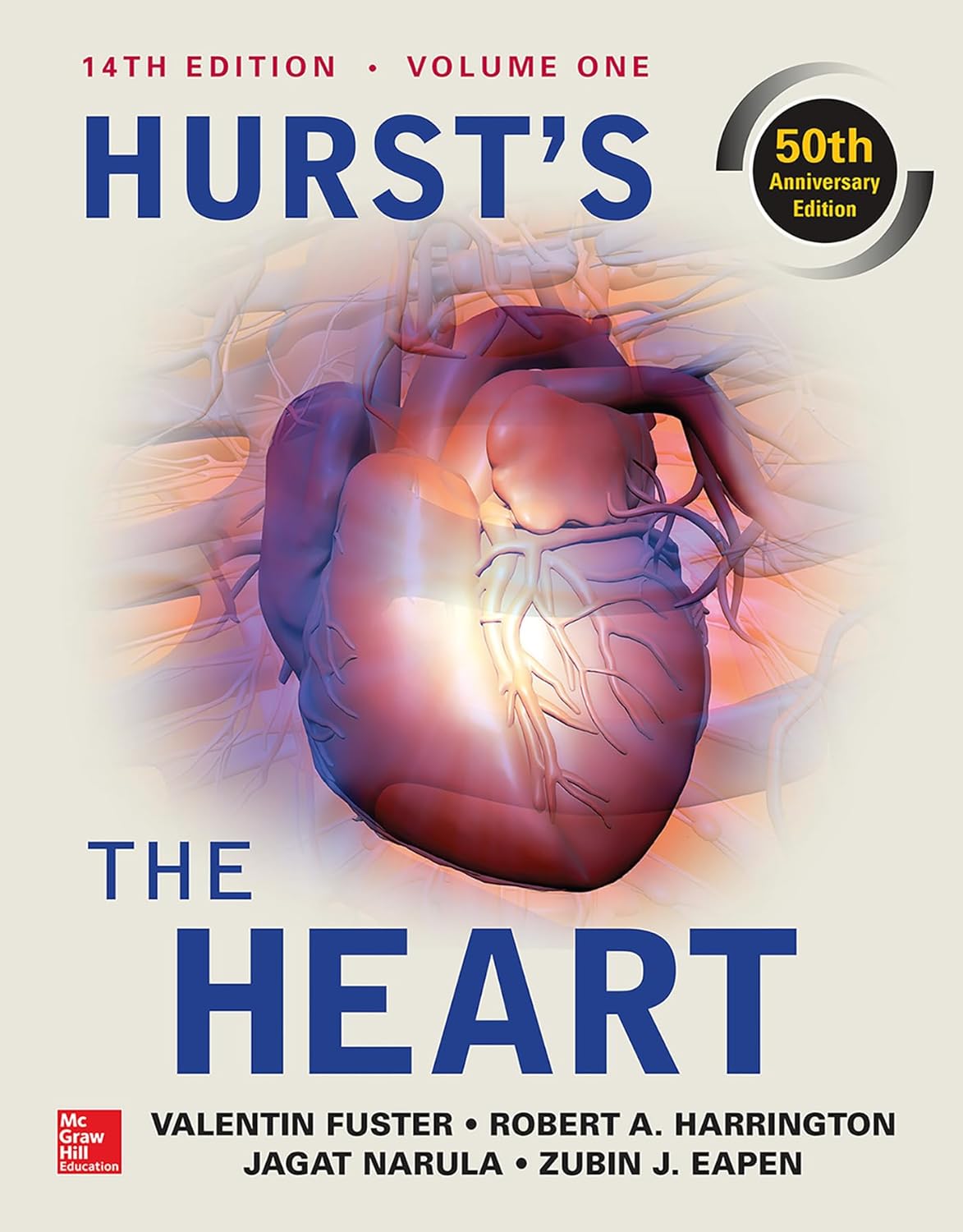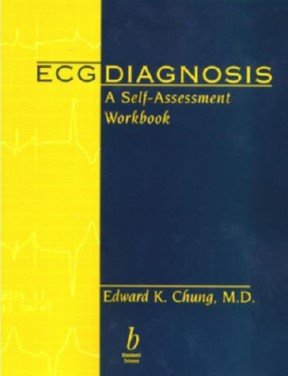
The Role of ECG Books in Modern Learning
In today’s digital age, online resources have become incredibly accessible and effective for learning ECG interpretation. Websites, apps, and online courses offer interactive and up-to-date content that can often surpass traditional books in terms of convenience and real-time learning.
However, physical books still hold significant value for certain learners, particularly those who benefit from a structured, linear approach to learning, or those who prefer to take detailed notes, highlight key points, or have a tangible reference on hand. Here’s how to make the most of both worlds:
Books for Beginners - Reinforce the Basics
Not Really The Only EKG Book You'll Ever Need
Overview: A straightforward, beginner-friendly book that covers the fundamentals of ECG interpretation, clear and concise.
How to Use: If you’re new to ECGs, this can serve as a solid foundation. Use it to build your basic understanding, and complement your learning with online resources like ECG skills exams or weekly workouts. Physical copies can be useful for note-taking and quick reference.
Overview: Offers a three-level approach to learning ECGs, starting with basic concepts and gradually moving to more intermediate content. It’s structured to help learners progress at their own pace.
How to Use: Start at Level 1 to ensure you have a strong grasp of the basics. As you advance, move through Levels 2 and 3. Use online ECG simulators alongside the book to apply what you’ve learned in real-world scenarios.
Overview: A practical guide that’s nice for those new to ECG interpretation, offering a clear and comprehensive introduction.
How to Use: Use this guide as a companion to your online studies. It’s particularly useful for reinforcing concepts during study sessions. Take notes directly in the book or use sticky notes to mark key sections for review.
Overview: Small pocketbook with a wide array of real life cases, each accompanied by detailed interpretations. More than 400 annotated high resolution ECG, can work through cases randomly or focus on specific topics.
How to Use: Engage with cases sequentially to build a solid foundation, progressively advance from basic to more advanced scenarios.
Advanced ECG Books - Elevate Your Learning
Overview: This book provides 100 essential ECGs commonly encountered in acute care settings, with detailed interpretations. It covers the fundamental ECG patterns that are crucial for accurate interpretation.
How to Use: Use this book to deepen your understanding of core ECG findings. It’s especially useful as a study tool for Emergency Physicians and acute care providers. While online platforms may offer similar ECG cases, the structured format of this book can help you systematically improve your skills. Read through a few cases a day and learn a ton over time!
Overview: A continuation of the first book, this volume focuses on recognizing more subtle ECG abnormalities, which are critical for advanced understanding.
How to Use: After mastering the content in Part 1, challenge yourself with the more complex cases in Part 2. This book is excellent for honing your skills in detecting less obvious but clinically significant ECG patterns.
ECG in Emergency, Acute, & Critical Care
Overview: Featuring 18 updated chapters with high-yield key points and over 200 ECG images, this guide is a great resource for advanced learners.
How to Use: Use this book as a reference during clinical practice or while studying for advanced certifications. The detailed explanations and visual aids are particularly useful for those who prefer a structured learning approach. While you might rely on online resources for quick lookups, this book can be invaluable for deep dives into complex ECG topics.
Why It’s Great: This book is a comprehensive guide that covers everything from the basics to more advanced concepts in ECG interpretation. It’s often used in medical schools and by practicing clinicians to deepen their understanding of ECGs.
Best For: Intermediate to advanced learners, medical students, residents, and clinicians.
Chou's ECG in Clinical Practice
Why It’s Great: The bible of electrocardiography. Known for its in-depth analysis and detailed explanations, this book is a go-to resource for clinicians who need to interpret complex ECGs. It covers a wide range of topics, from basic principles to advanced diagnostic techniques.
Best For: Advanced learners, cardiologists, and experienced clinicians.

Hurst's The HEART
Why It’s Great: Hallmark cardiology text and a great place to turn to and learn from over 300 expert contributors. Now in its 15th edition with several illustrations and tables that can be used as a respected reference text.
Best For: Advanced learners, cardiologists, and experienced clinicians. Gives a comprehensive and authoritative overview of major cardiology topics.

ECG Dx: Self-Workbook
Why It’s Great: Offers a systematic approach, guiding readers through various abnormalities and arrhythmias with clarity. Each section presents real-world ECGs with detailed explanations alongside self-assessment exercises.
Best For: Self-paced learning experience, suitable for both students and experienced practitioners aiming to refine their diagnostic abilities.
Guidance on Integrating Books with Online Learning
- Combine Resources: While online resources offer flexibility and up-to-date content, physical books provide a structured and linear approach that can be incredibly valuable, especially when mastering foundational concepts. Use books to reinforce what you learn online, and as a way to organize your thoughts and notes.
- Personalized Learning: Not everyone learns the same way. If you find that physical books help you focus, use them to your advantage. Highlight important sections, jot down notes in the margins, and use them during study sessions where you can minimize distractions.
- Real-World Application: Books are great for reference, especially when dealing with complex ECG cases. However, complement this with online resources that allow for interactive learning, such as ECG STAT for quick bedside references and weekly workouts with Dr. Mattu to keep things fun & clinically relevant.
- Review and Revisit: Books provide a tangible way to review key concepts. They’re particularly useful during dedicated study sessions when you need a reliable reference.
Have another recommendation you want us to review?
ECG STAT Navigation











